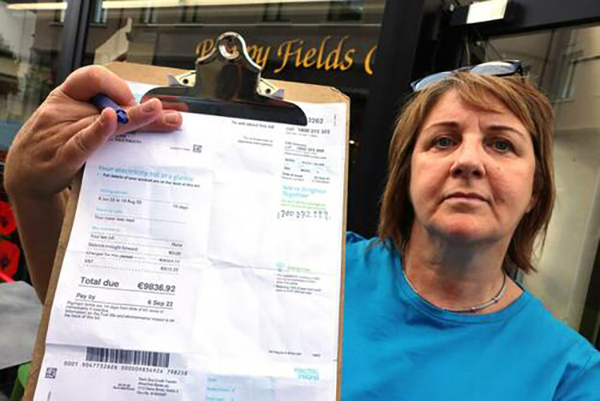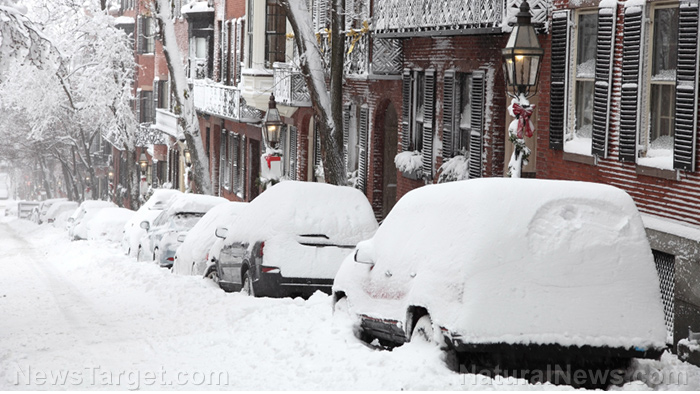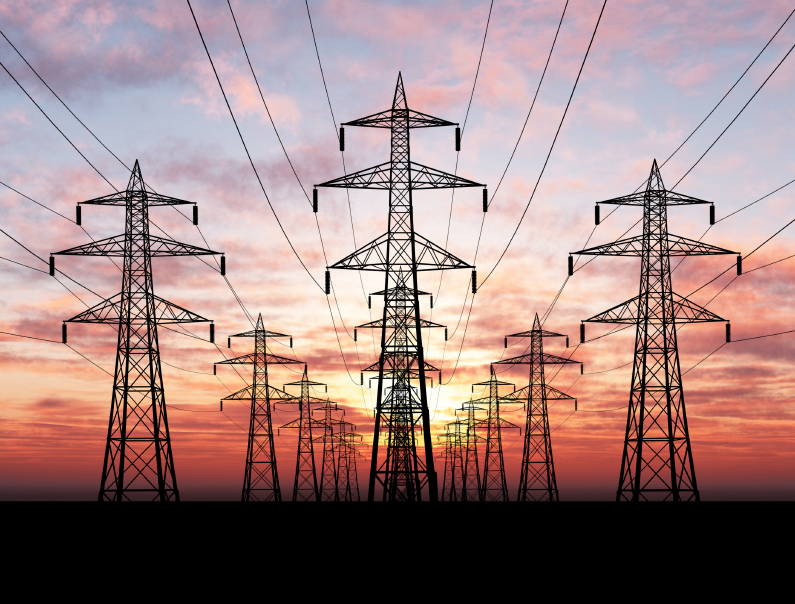FREEZE ‘TIL YOU’RE BROKE: Millions of Brits face energy poverty this winter due to UK government’s price cap increase
08/31/2022 / By Ethan Huff

Starting October 1, the government-imposed cap on energy bills in the United Kingdom will increase from £1,971 ($2,330) at present to £3,549 ($4,189).
This change by Ofgem, the UK’s energy regulator, will send millions of British households into energy poverty, experts warn. (Related: Looks like dismantling fossil fuel energy infrastructure was not such a good idea after all.)
But it does not stop there: according to reports, the energy price cap will increase again in January to £5,439 ($6,427), and again in the spring to £7,272 ($8,594) – prices that the average British household will never be able to pay.
All of this is due to skyrocketing wholesale prices for natural gas and electricity, which we are told is Russia’s fault because of the war in Ukraine, which is being exacerbated by Western sanctions against Russia for said war.
There is also another little problem known as private central banking, which, together with Wall Street, has rigged the entire commodities market and turned it into a massive casino where prices no longer match reality.
Various factors, in other words, threaten to annihilate Great Britain in just a few short months – and millions are none the wiser as to just how bad things are about to get.
“An increase of this much cannot be budgeted for by households with no wiggle room,” warns Peter Smith, director of policy and advocacy for the National Energy Action charity.
“Come October, low-income households will simply not turn on their heating.”
Globalists are exterminating the world’s poor with massive energy mark-ups
Everyday Brits are starting to speak out about the reality of this – especially those who are poor and on a fixed income.
“The cost of living has increased, and yet you’re still expected to live on the money provided for when there wasn’t a crisis,” says Philip Keetley. “I either can have my heating on or eat.”
Another, Dawn White, who has kidney failure, told the media that once energy prices reach their expected highs, she will no longer be able to afford her life-saving medical treatment.
“Without my (dialysis) machine five times a week, 20 hours I will die,” the 59-year-old is quoted as saying.
The latest data from the Office for National Statistics (ONS) in the UK shows that real earnings throughout the land took a nosedive around the end of 2021 and early 2022.
Cost of living is through the roof throughout the UK, with CPI inflation expected to soar to 18.6 percent in January due to the ever-rising cost of fuel.
“The last time CPI printed above 18% was during the stagflationary years of the mid-1970s (more precisely, 1976) after an oil supply shock led to soaring energy prices worldwide,” one report explains.
“Currently, the CPI stands at 10.1% in July for the first time in four decades, primarily driven by skyrocketing food and fuel prices as households crumble under the weight of the cost of living crisis.
“Inflation at decades highs has pushed U.K. Misery Index, an economic indicator to gauge how the average person is doing, to three-decade highs, a sign discontent is emerging.”
Bill Bullen, CEO of Utilita Energy Ltd, which supplies 810,000 households in the UK with power, says the situation is “going to be horrendous” once the worst of it really sets in.
“We are going to see a big increase in people struggling to pay their energy bills,” he says.
An activist group called Don’t Pay UK is calling on at least one million Brits to stop paying their energy bills on October 1. The group says Ofgem’s price cap increases are “a debt and death sentence on millions,” and that the only option is “to refuse to pay.”
A dark winter is looming. To keep up with the latest, visit Collapse.news.
Sources for this article include:
Submit a correction >>
Tagged Under:
collapse, dark winter, death sentence, debt, debt bomb, electricity, energy, energy cap, energy crisis, energy poverty, fossil fuels, freeze, fuel supplly, government, inflation, Lights Out, power, rationing, sanctions, sheeple, United Kingdom
This article may contain statements that reflect the opinion of the author
RECENT NEWS & ARTICLES
COPYRIGHT © 2022 FuelRationing.news
All content posted on this site is protected under Free Speech. FuelRationing.news is not responsible for content written by contributing authors. The information on this site is provided for educational and entertainment purposes only. It is not intended as a substitute for professional advice of any kind. FuelRationing.news assumes no responsibility for the use or misuse of this material. All trademarks, registered trademarks and service marks mentioned on this site are the property of their respective owners.

















